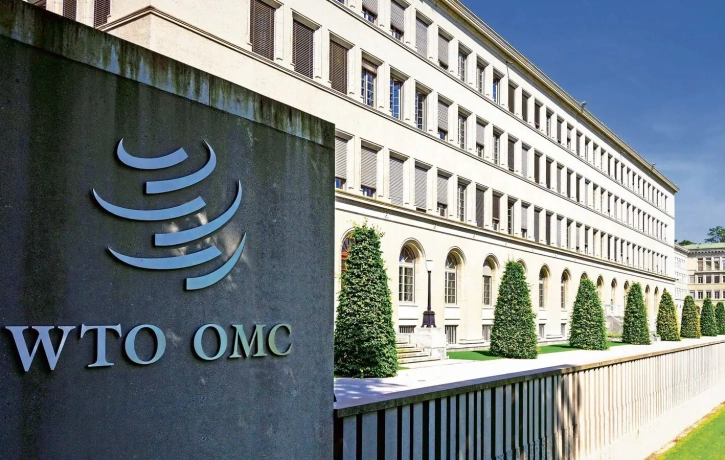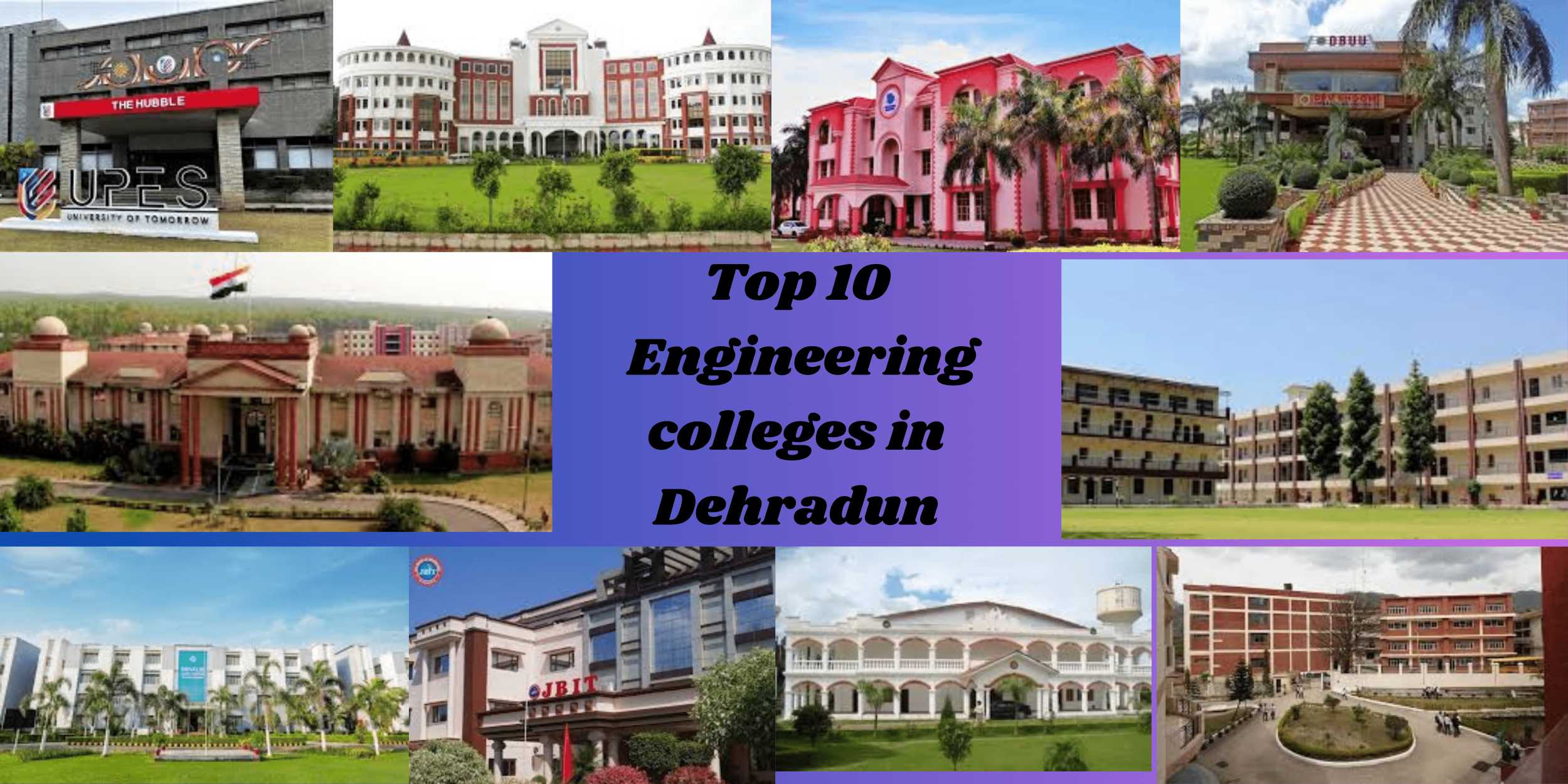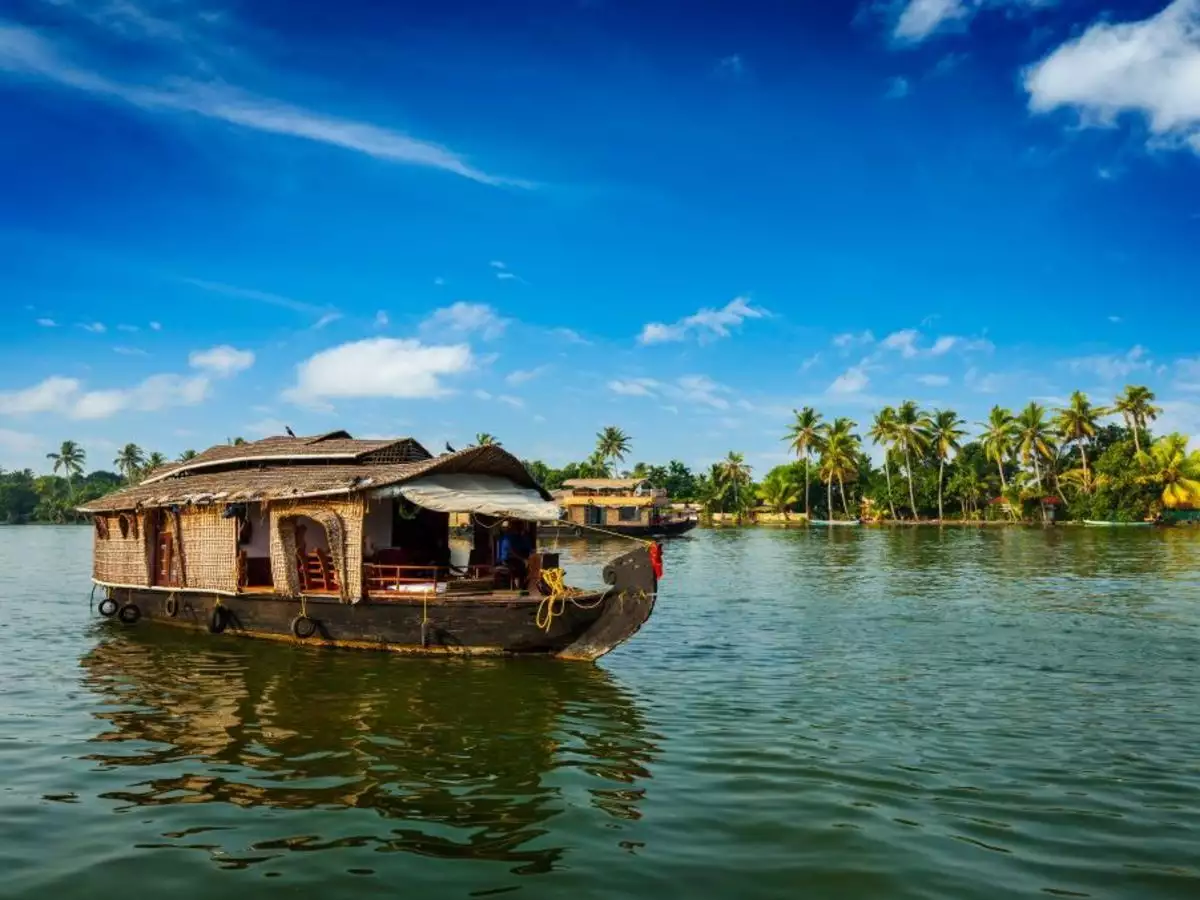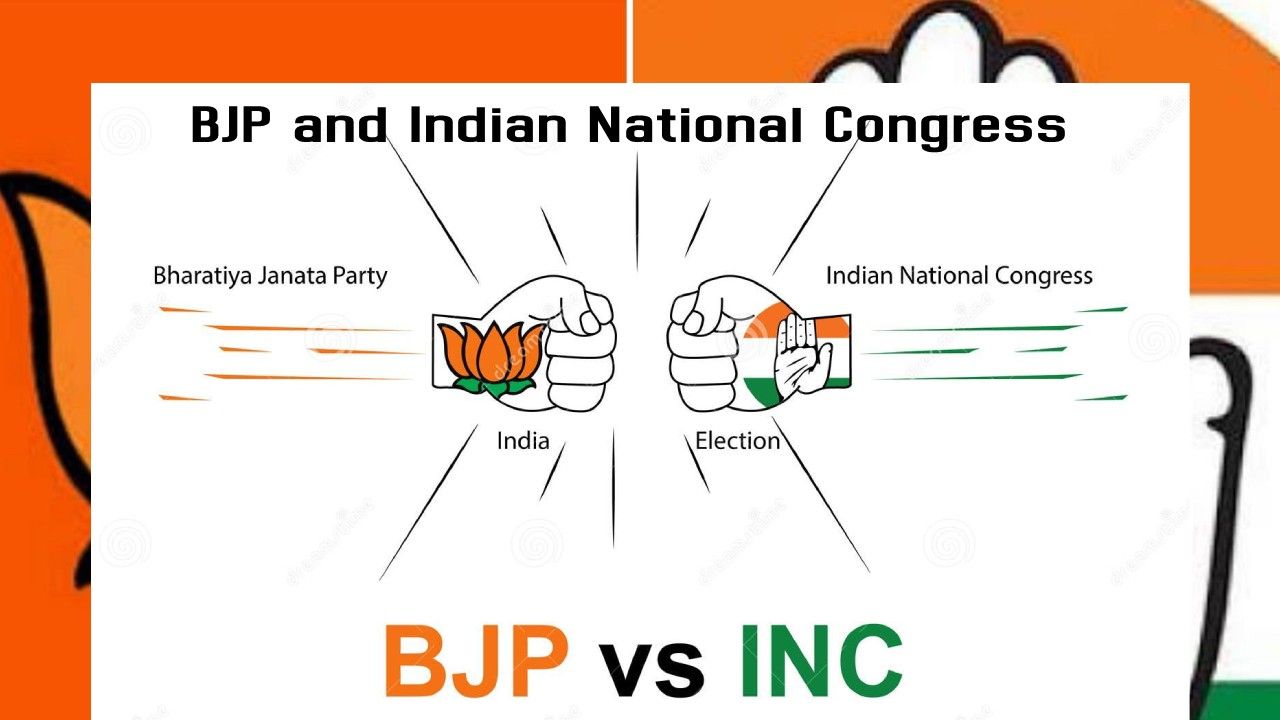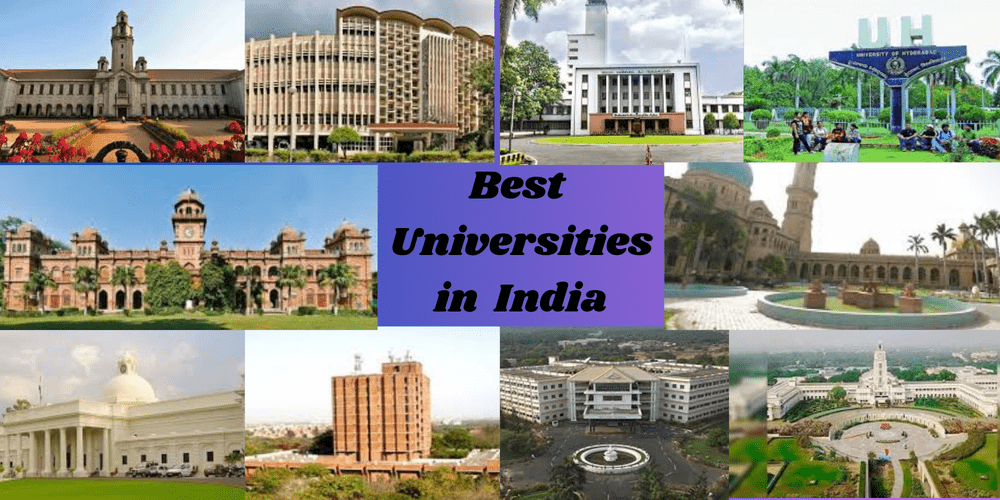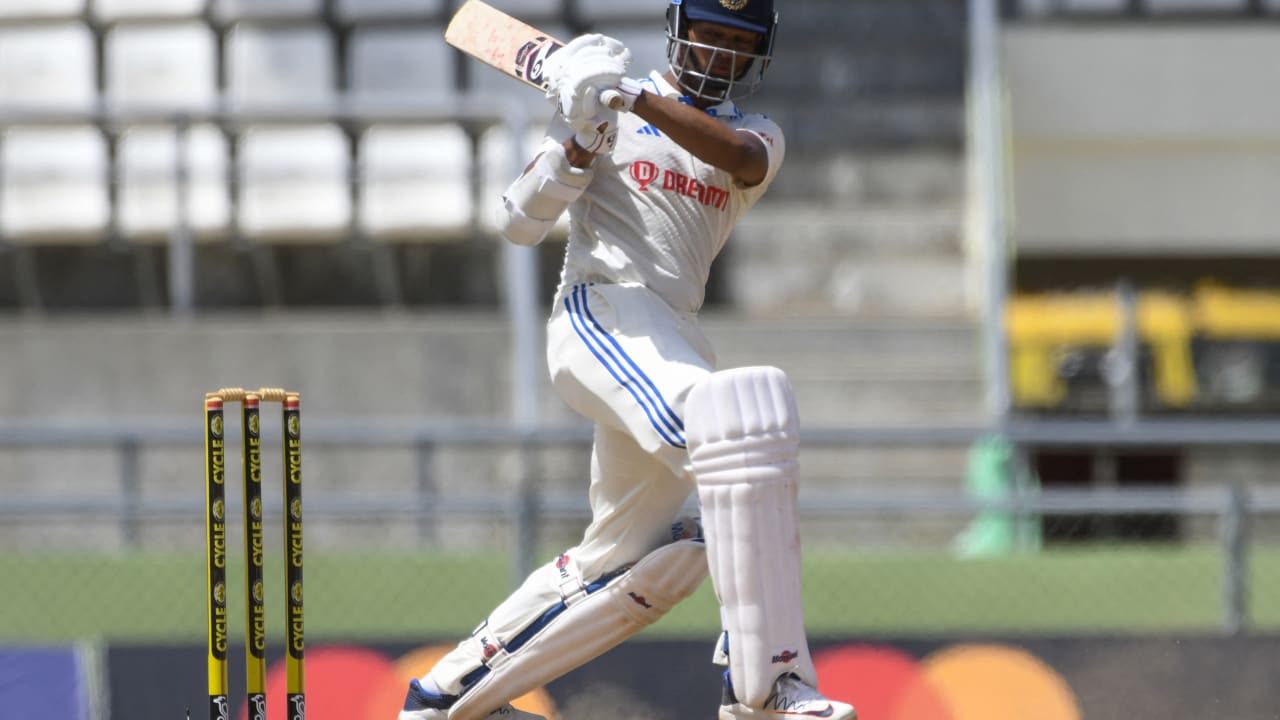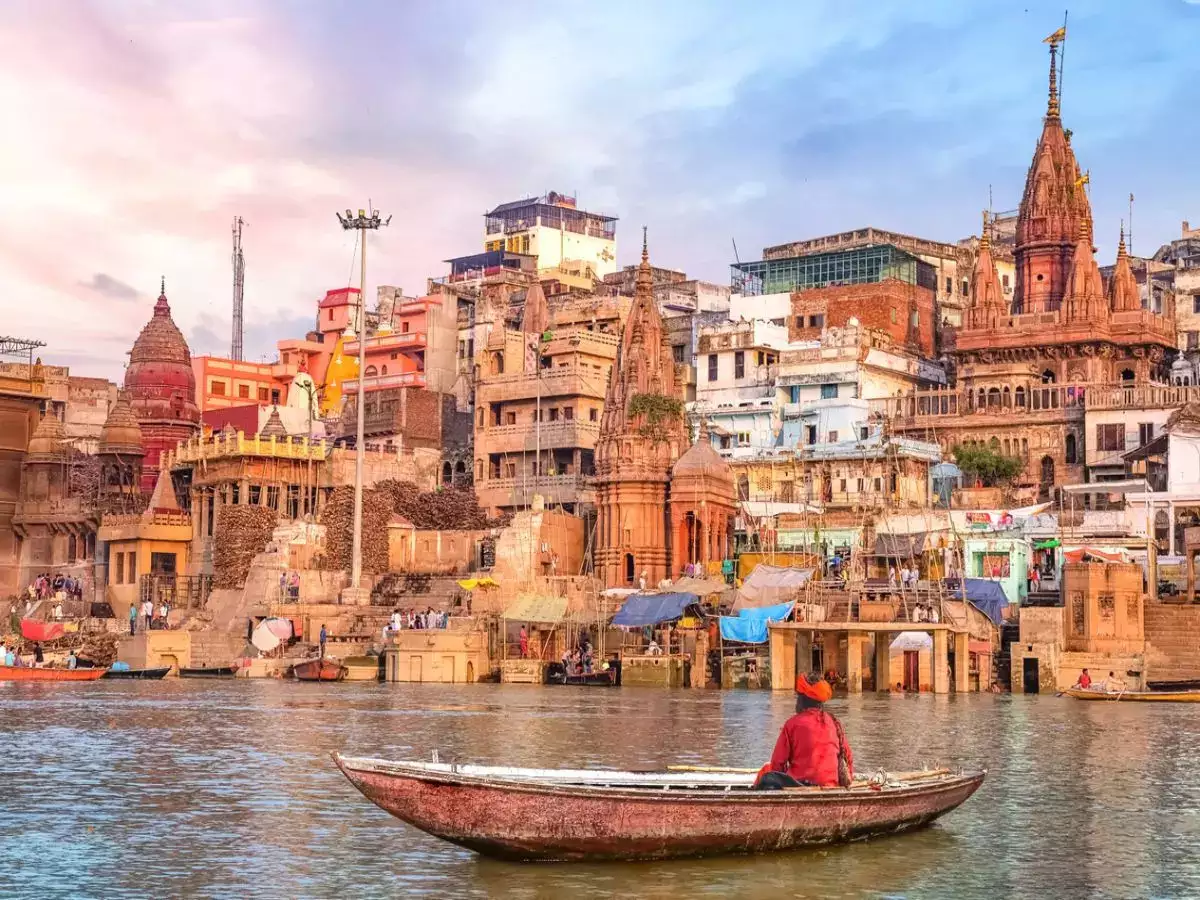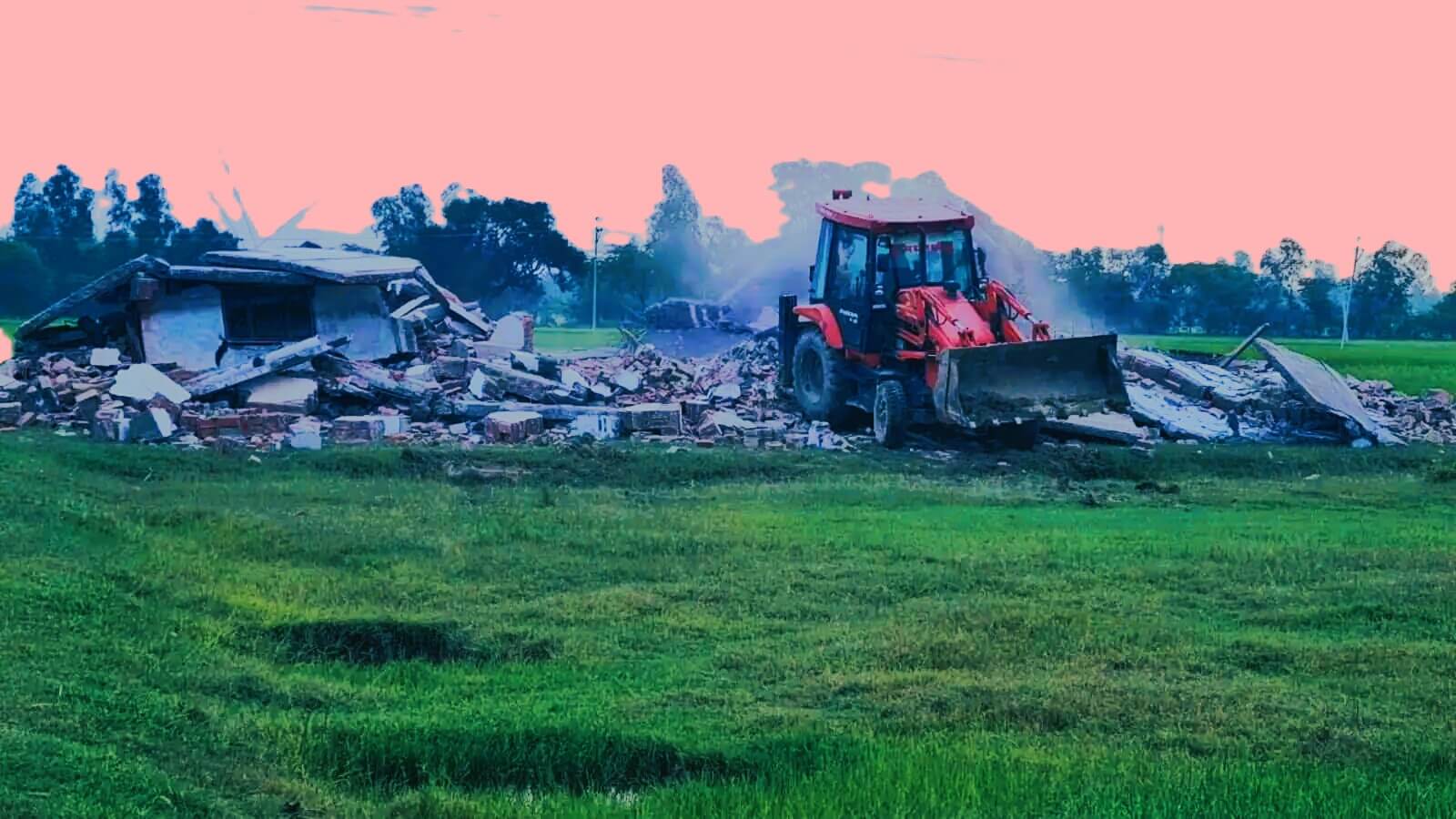India WTO Championing, India is playing a central role at the ongoing World Trade Organization (WTO) high-level meeting in Abu Dhabi, advocating for two crucial issues a permanent solution for Public Stockholding (PSH) programs and the restoration of the WTO’s dispute settlement mechanism.
PSH programs allow governments to purchase and store staple food grains like rice and wheat to ensure food security for their citizens. India WTO Championing, alongside other developing nations. Strongly believes in the freedom to implement these programs without facing trade challenges from wealthier countries. They argue that PSH programs are essential for safeguarding their populations from food insecurit. Especially in the face of unpredictable weather patterns and global market fluctuations.
Furthermore, India is pushing for the revival of the WTO’s Appellate Body, which has been defunct since 2020. This independent body was responsible for resolving trade disputes between WTO members. Its absence has created a void in the organization’s ability to enforce trade rules and ensure fairness for all. India believes that reviving the Appellate Body is crucial for maintaining trust in the WTO and fostering a more equitable trading environment.
Trade Minister Piyush Goyal emphasized the importance of building trust and fulfilling existing agreements before moving forward with new discussions. He expressed his concern that certain WTO members are hindering progress on both PSH and the dispute settlement system. Raising doubts about the organization’s effectiveness in addressing critical global trade issues. Despite missing the initial days of the meeting due to other commitments, Goyal remains optimistic. Stating that significant progress can be made if all members work collaboratively towards solutions.
Beyond PSH, the four-day meeting also seeks agreements on fisheries subsidies and digital trade tariffs. However, India’s primary focus revolves around ensuring food security for its massive population of 1.4 billion people. They argue that similar levels of agricultural subsidies offered by wealthier countries also distort global trade and need to be addressed.
The coming days will be crucial in determining the success of India’s endeavors at the WTO meeting. Whether they can secure desired outcomes on PSH and the dispute settlement system. Whether the WTO can navigate these complex issues towards a more equitable and effective trading system for all nations, remains to be seen. This high-level meeting has the potential to shape the future of global trade and food security. Making the ongoing discussions in Abu Dhabi a significant event to watch.

